Fill The Gap Counselling Service
Providing FREE essential access to tailored, online, one-on-one counselling support for carers and young supporters (aged 10-17 years) of those with eating disorders, at any stage of the eating disorder journey.
Eating Disorders Families Australia’s (EDFA) Fill The Gap Program is accredited to the National Safety and Quality Digital Mental Health Standards.
Who the Fill The Gap Program is for
- Adults who are caring for a loved one with an eating disorder. This includes parents, partners, siblings, grandparents, other family members and friends.
- Young supporters (i.e., siblings of a loved one with an eating disorder, children of a parent with an eating disorder, friends, partners, extended family members) aged 10-17 years old, who are not experiencing eating concerns but may need support in navigating the challenges of supporting someone with an eating disorder.
What to expect
- 45-minute one-on-one counselling sessions with qualified counsellors with lived experience as a eating disorder carer
- Online support, accessible to anyone residing in Australia via video conferencing
- Information, education and supportive counselling to help you manage and gain the skills to become a more effective part of the recovery team
- Access to unlimited sessions
- No referrals required
The Fill the Gap service is NOT a crisis service.
If you or someone you know is needing immediate support please call emergency services 000 or Life Line on 13 11 14. For additional support, the Butterfly Foundation offers free and confidential support for anyone in Australia concerned about eating disorders or body image issues, available from 8am to midnight (AEST/AEDT), 7 days a week, via their helpline at 1800 33 4673 or through online chat.

Fill The Gap was developed to address the lack of, or difficulty in accessing, tailored counselling service for those who are caring for someone with an eating disorder. We understand that carers will often sacrifice their own well-being in order to prioritise the care of their loved one, particularly in times of financial strain or when services are in short supply.
However, it is also well known that carers who maintain their own well-being will be more effective supports for the person with the eating disorder. EDFA’s service aims to Fill The Gap by providing free and easily accessible counselling, thus reducing the need for the carer to sacrifice their own mental and physical well-being.
Fill The Gap Counselling Team
EDFA’s Fill The Gap counselling program provides essential access to tailored, online, one-on-one counselling support for carers of those with eating disorders.
Our Fill The Gap team comprises highly skilled team members who bring a wealth of experience, knowledge, and passion to ensure carers are provided with the support and education they need to become more effective supports for their loved one.
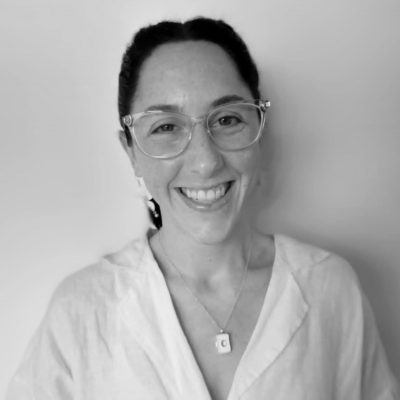
Elise Wales (she/her)
Fill The Gap Program Manager
Elise is a registered Psychologist and holds the ANZAED Eating Disorder Credential, with over eight years of experience in the not-for-profit sector, supporting individuals of all ages facing a variety of challenges. She holds a Master of Professional Psychology and practises using a trauma-informed and strengths-based approach. Driven by personal lived experience of an eating disorder, and as carer for a loved one with Binge Eating Disorder, Elise is deeply committed to supporting individuals and carers as they navigate the challenges of recovery.
With a unique understanding of the profound impact an eating disorder can have on individuals and their supports, Elise believes strongly in the essential role carers play in the recovery journey.
Elise’s utilises evidence-based therapies including Cognitive Behavioural Therapy (CBT), Dialectical Behaviour Therapy (DBT), Acceptance and Commitment Therapy (ACT) and Functional family therapy.
Elise has been actively involved in advocacy work and played a pivotal role in expanding the Australia and New Zealand Academy for Eating Disorders (ANZAED) Eating Disorder Credential to ensure that individuals with lived experience can access healthcare professionals who meet the necessary standards to provide safe and effective care.
Empowerment, compassion, and hope are at the core of Elise’s work, guiding her interactions with clients, colleagues, and the broader community. Outside of work, Elise enjoys practising lyra, spending quality time with her husband, and doting on her beloved Cocker Spaniel fur-baby.
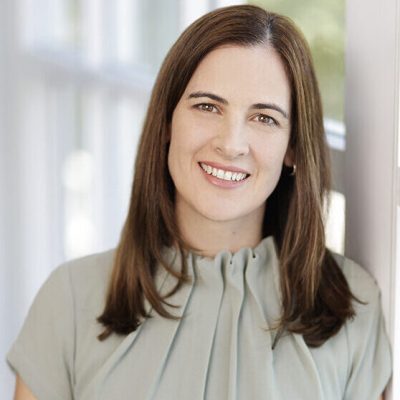
Rowena Brookes (she/her)
Fill The Gap Counsellor
Rowena holds her Masters qualification in counselling and the ANZAED Eating Disorder Credential. She has a range of experience working with couples, teenagers, children and families and has lived experience caring for a loved one with an eating disorder. Rowena loves getting to know her clients on a real level, seeing them learn about themselves, realise that change is possible, and that there is always hope. She believes it’s a real privilege to be let into her clients’ lives on this level for a season.
Rowena uses evidence-based approaches to counselling including Cognitive Behavioural therapy, Solution Focused Therapy, Acceptance and Commitment Therapy. Rowena also has training in TBT-S training (Temperament-Based Therapy with Supports) and has a personal understanding of FBT.
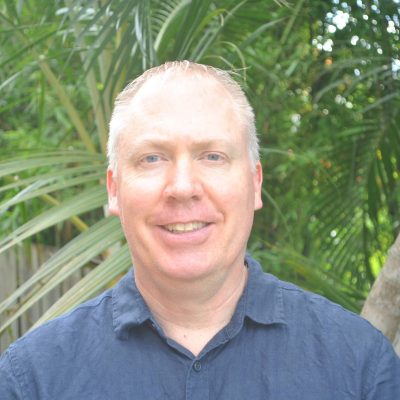
Mark Hill (he/him)
Fill The Gap Counsellor
Mark uses several different modalities and theories in his counselling that are held together by a client-centred framework with first-hand knowledge of the impact of eating disorders on the family unit. Mark has also taught at a First Nations College in Canada and has a deep passion for working collaboratively alongside marginalised populations.
Mark loves to learn about the latest knowledge in therapies and utilises the evidence-based therapies of Cognitive Behavioural Therapy (CBT), Dialectical Behaviour Therapy (DBT), Acceptance and Commitment Therapy (ACT), Solution-Focused, Narrative, and Motivational Interviewing. He also has a solid understanding of the neuroscience of emotions. Mark is an avid reader of books and is always ready to share resources or simply listen.
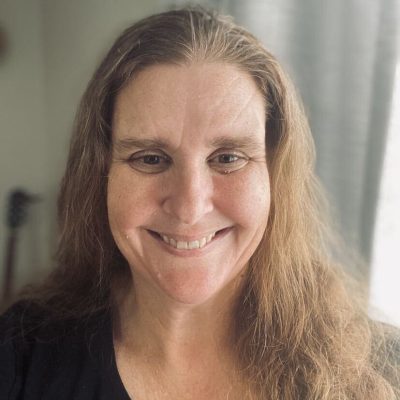
Kellie Hansen (she/her)
Fill The Gap Counsellor
Kellie understands firsthand the challenges individuals and families face and offers practical tools, guidance, and unwavering support to help them navigate the challenges and rewards of recovery. Her warm and gentle approach to counselling is trauma-informed, non-judgmental, and client-led, creating a safe and compassionate space.
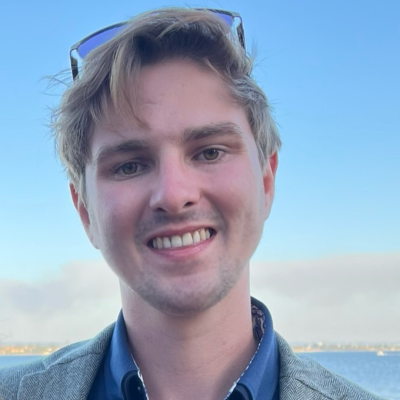
Bailey Wightman
Fill The Gap Administration Assistant
Bailey rejoined EDFA in December 2024 as the Fill The Gap Administrative Assistant, providing essential support to ensure smooth operations. Previously, they served as EDFA’s Marketing and Communications Team Leader on a maternity leave contract, where they led key initiatives like managing the website, email campaigns, and social media, as well as publishing the Annual Report and Impact Statement.
With a background in management, marketing, and events, Bailey has worked as a Department Manager at McDonald’s, a Social Media Manager for Couture Creations, and an Event and Logistics Intern at the Brisbane Street Art Festival. These roles have honed their skills in leadership, communication, and creative strategy.
Outside of work, Bailey enjoys spending time with friends, walking their dog Scooby, and traveling, including an 11-month adventure across Europe and the UK in 2023. Their personal experiences supporting loved ones through eating disorder recovery inspire their dedication to EDFA’s mission of empowering families and carers in the eating disorder community.
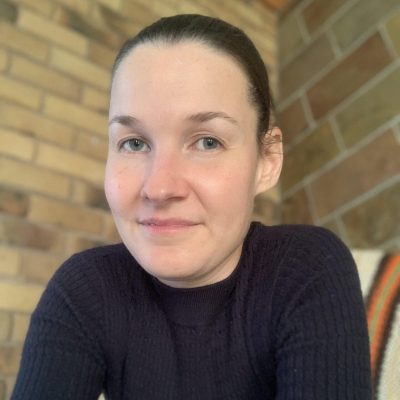
Laura McCosker (she/her)
Research and Evaluation Assistant
Laura joined EDFA in the role of Research and Evaluation Assistant in 2023. Laura holds
undergraduate and masters’ degrees in health and social science, and is finishing a PhD in public health. She has worked on a variety of research and evaluation projects, including in the mental health space, in both academic and clinical settings.
Laura is passionate about using research and evaluation to improve the experiences of, and outcomes for, Australian families affected by eating disorders.
Laura is based in south-east Queensland. She spends her free time with her family and pets, outdoors, gardening, and reading.
Trigger warning – this video contains references to suicide, violence, and the impact of eating disorder recovery on siblings. Some individuals may find this distressing.
For a confidential chat or to help answer any of your questions, call Administration Assistant Bailey on 03 9125 5670 or email bailey.wightman@edfa.org.au.
